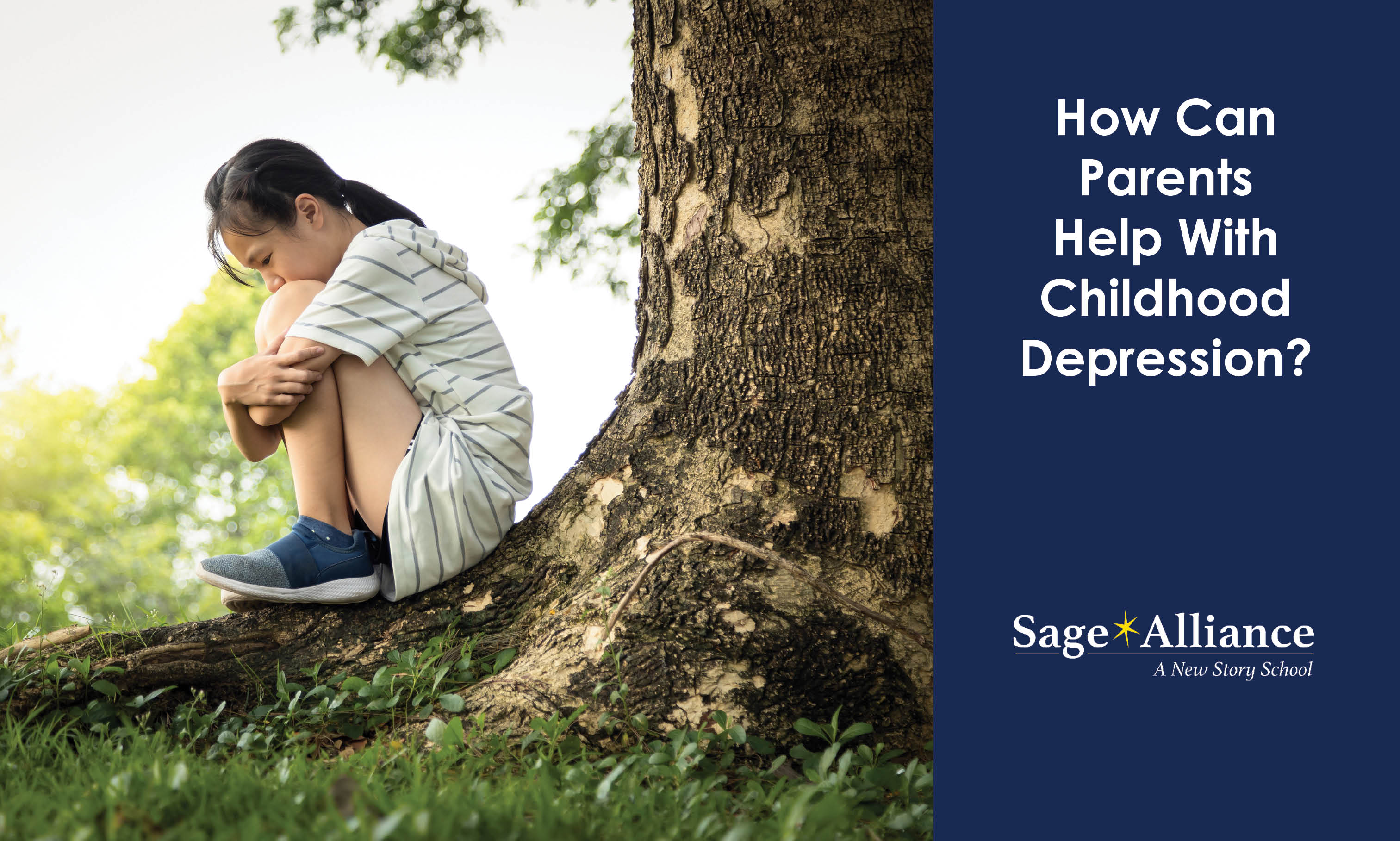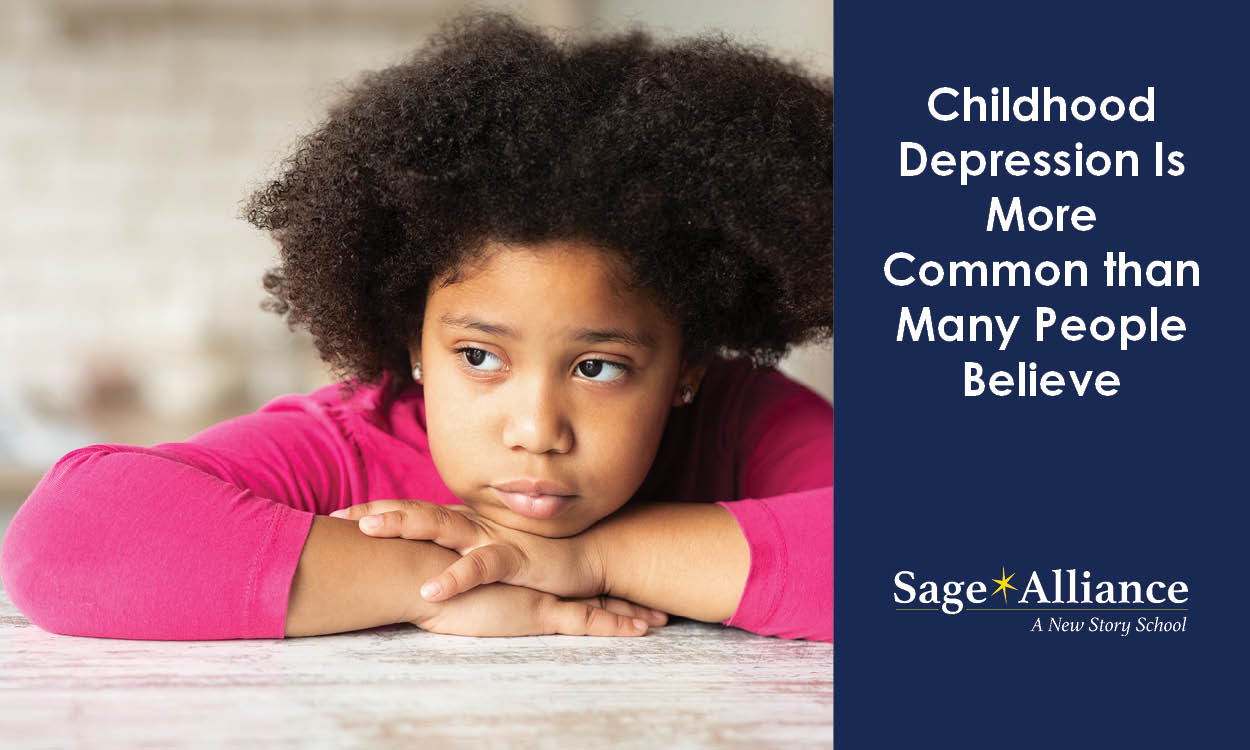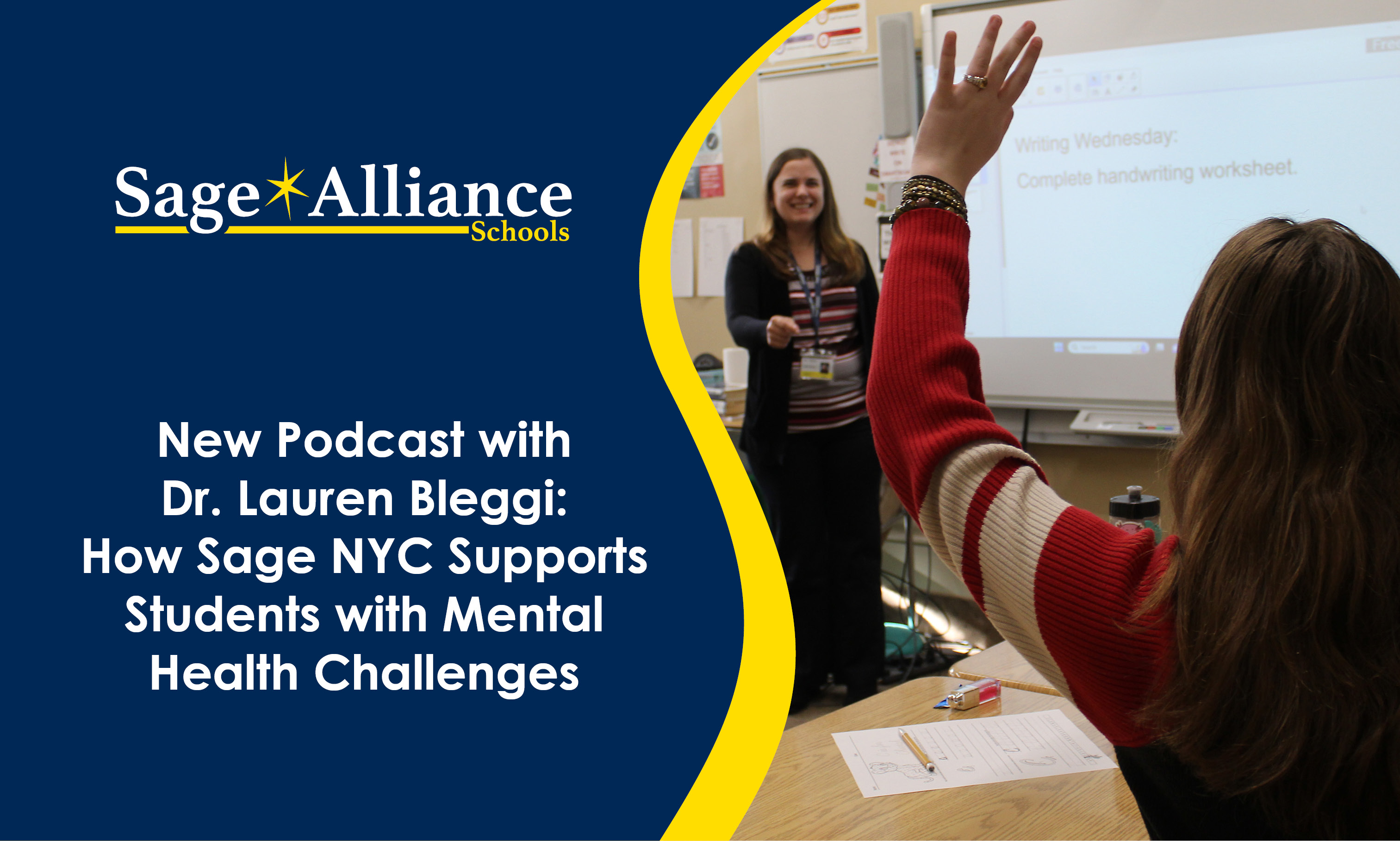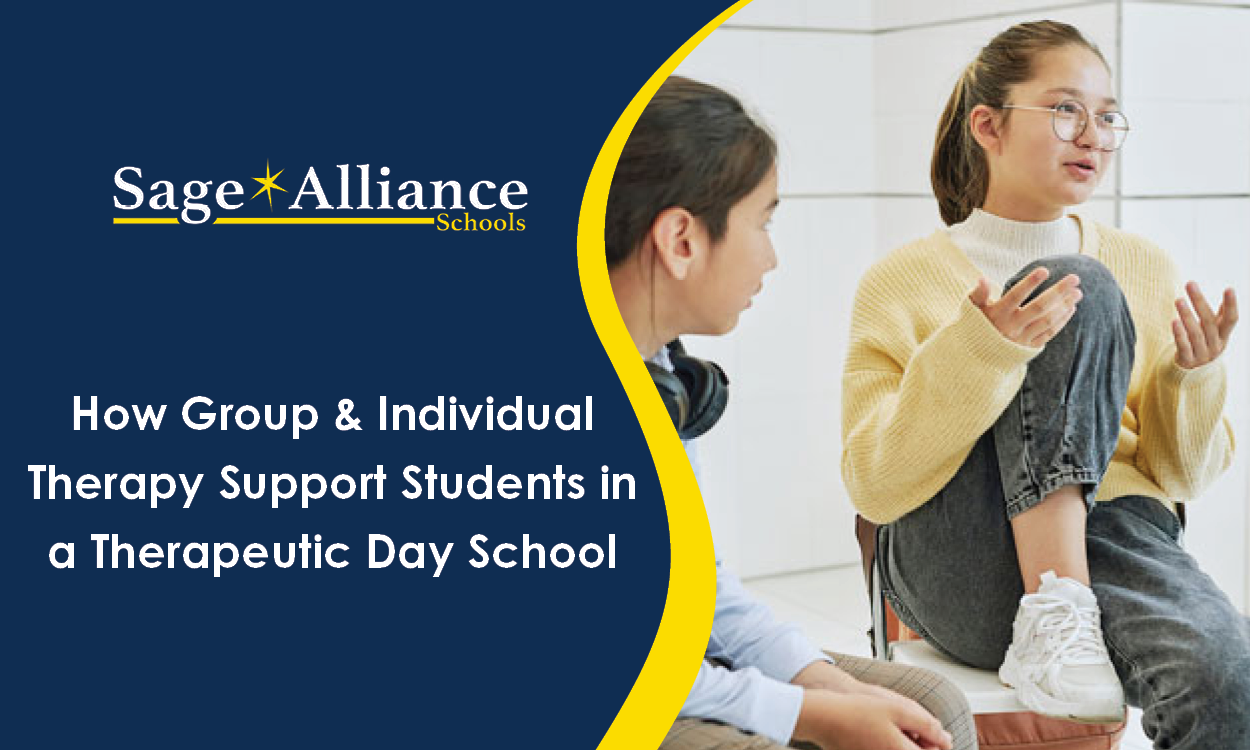How Can Parents Help With Childhood Depression?
Posted: June 18, 2015 | Written By: Holly Ference | Category: Teen Depression

Depression is a disease that affects as many as 17 million people per year, regardless of age. Some research has found that as many as one in thirty-three children suffer from depression. For teenagers, that number may be as high as one in eight.[1] Because they rely on their parents for support in their daily lives, children with depression are even more vulnerable than adults who have the same condition. But many parents aren’t sure how to help their depressed child, or even how to tell when their child is suffering from depression. Even if you think your child is too young to be suffering from depression, you need to be aware of the following warning signs and take action if you see one or more of the following symptoms on a regular basis.
Signs of Childhood Depression
If your child or children display the following symptoms, they may have diagnosable depression:
- Your child is sad or irritable for most of the day. They may say they feel sad or angry a lot, or often look like they are upset.
- Your child has suddenly stopped enjoying things that used to make him or her happy.
- There is a sudden increase or decrease in weight.
- They aren’t getting enough sleep at night, or they sleep often during the day.
- They avoid being around friends or family.
- They lack the energy to do even simple tasks.
- They suffer from low self-esteem, and feel worthless or full of guilt.
- They have trouble focusing or making decisions.
- Their grades are dropping, or they are not completing important assignments.
- They complain from aches and pains that don’t have any apparent cause.
- They don’t seem to care what happens in the future.
- They have frequent thoughts of death or suicide.
It is important to note that children who are not depressed can display these behaviors. They become signs of depression when they appear together nearly every day.
What Can Parents Do?
The first thing that parents can do to help a child who is depressed is to realize that depression is a medical condition. Depression isn’t a decision that people make or that is anyone’s fault; understanding this will help you from blaming yourself or your child for his or her condition.
The second thing a parent of a depressed child should do is talk with their children about their feelings. Depression is fully treatable in 80% of cases,[2] and a large part of whether or not treatment is successful is whether or not a depressed person has the support of those around them. For kids, that means their parents. Kids will often try to hide their feelings of depression, but most will eventually open up to a parent or authority figure that they feel comfortable confiding in. For that to happen, they need to feel like their parents will be supportive of them and won’t belittle or ignore how they are feeling.
Once you and your child have talked about their feelings, the next step is to find ways to help them manage their depression. You should inform your child’s doctor about your child’s depression, and look into therapy or medication. Beyond that, there are several things parents can do to help:
- Encourage habits that contribute to good mental health. These include healthy diet, getting enough sleep, exercise, physical activity, and having positive social interactions at home and at school.
- Praise good behavior to provide reinforcement.
- Make sure there aren’t any specific issues that are causing your child’s depression. Many cases of depression in children are caused by bullying, stress over schoolwork, and other pressures that kids face.
- If necessary, reduce their responsibilities, like chores and schoolwork, while they learn to cope.
- If your child ever says he or she has thoughts of suicide, treat it as an emergency situation and get him or her to the hospital for treatment immediately.
Making children have a loving, supportive environment where the people around them provide them with the care and attention they need to manage their depression is also very important. Sage Day Therapeutic Schools provide a safe space for kids who are coping with depression, anxiety, and other mental health and behavioral issues. To learn more, contact us today at 877-887-8817.
Sources
- http://kidshealth.org/parent/emotions/feelings/understanding_depression.html
- http://www.wingofmadness.com/10-ways-child-depressed/
Want to be notified of new articles and resources from Sage Alliance? Click here to submit your email and opt into our newsletter.









